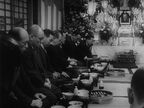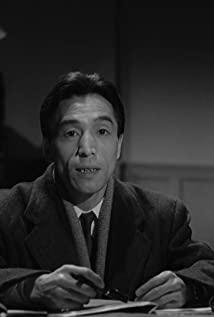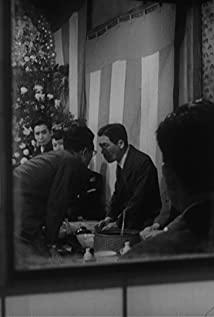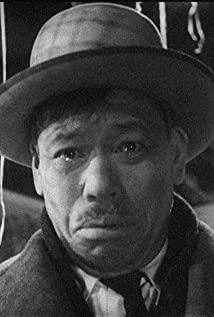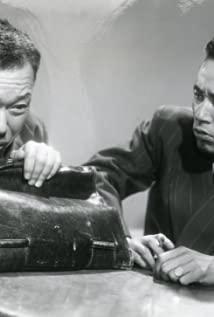Gilles Deleuze (French: Gilles Louis René Deleuze; January 18, 1925-November 4, 1995) was a French postmodernist philosopher. On November 4, 1995, Deleuze committed suicide by jumping from his apartment in the 17th arrondissement of Paris. He was 70 years old.
"The Desire of Life" is one of Akira Kurosawa's most beautiful films. The question he asks is: what if a person is judged to have only a few months of life? But is this the real problem? Everything depends on the situation. Can you explain it like this: How can we finally experience happiness? This panicked, clumsy man played all over entertainment venues, bars and strippers. Are these the real basis for answering a question? Is it an impulse to cover up and cover up the problem?
When the man expressed strong admiration for a young girl (note: I don't think it is a strong admiration), he understood from her that this is not a problem of late love at all. She gave an example of her father and explained that she had made a series of mechanical little rabbits. She was happy to learn that these little rabbits would be distributed to some children she didn't know, and these little rabbits could spread all over the city. Only then did the man understand that the basis of the question "what to do" was the basis of a task that needed to be completed.
So he re-implemented his public park plan, and before he died, he overcame all obstacles he encountered. Perhaps one can think that Kurosawa has sent us a very plain humanitarian message. But this is not the case with the film: it persistently searches for questions and arguments through context, and as the search deepens, it finally finds the answer. The only answer is to provide a new argument, re-arguing the world, as much as possible or at least make something move, so that through these new or replaced arguments, create and promote something less cruel, more pleasant, closer to nature and The problem of life.
Kurosawa Akira's works are full of duels and wars. This kind of vibe is expressed by a single line, which is not only a comprehensive symbol of the work, but also a personal signature of Akira Kurosawa: we can imagine a thick vertical line running through the screen from top to bottom, and then being drawn by two thinner lines from left to right. Right and right-to-left horizontal lines intercept. In "Shadow Warrior", the graceful descent of the messenger is often moved to the left and right. Kurosawa Akira is one of the greatest film directors to show rain: in "Seven Samurai", the pouring rain falls from the sky, and the trapped robbers rush from village to village on horseback. The viewing angle often constitutes a flat picture, highlighting those uninterrupted side movements. Regardless of whether it is enlarged or reduced, if people relate to Japanese topology, it is easy to understand this important aura-space: generally no individual is used to represent a house number, a street, a block, or a city, but the other way around, first from the inside, The city starts.
Kurosawa’s films often have two distinct parts, one that constitutes a slow display, and the other is the tension and sudden action that unfolds the task ("Wild Dogs", "Heaven and Hell"). Therefore, Kurosawa's space can be a reduced theater space, where the protagonist grasps everything in front of him and takes action against them ("Prostitutes").
View more about Ikiru reviews




